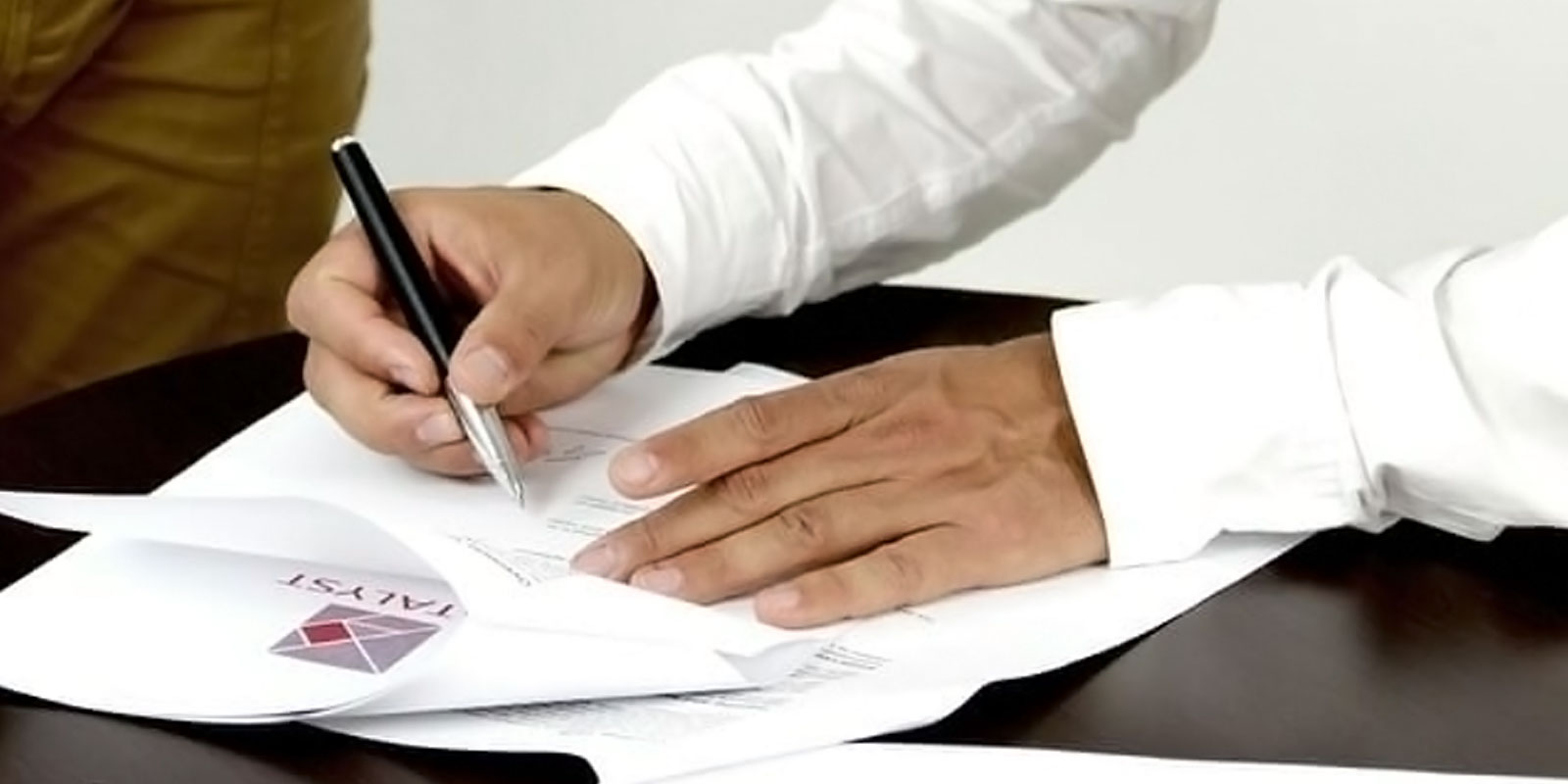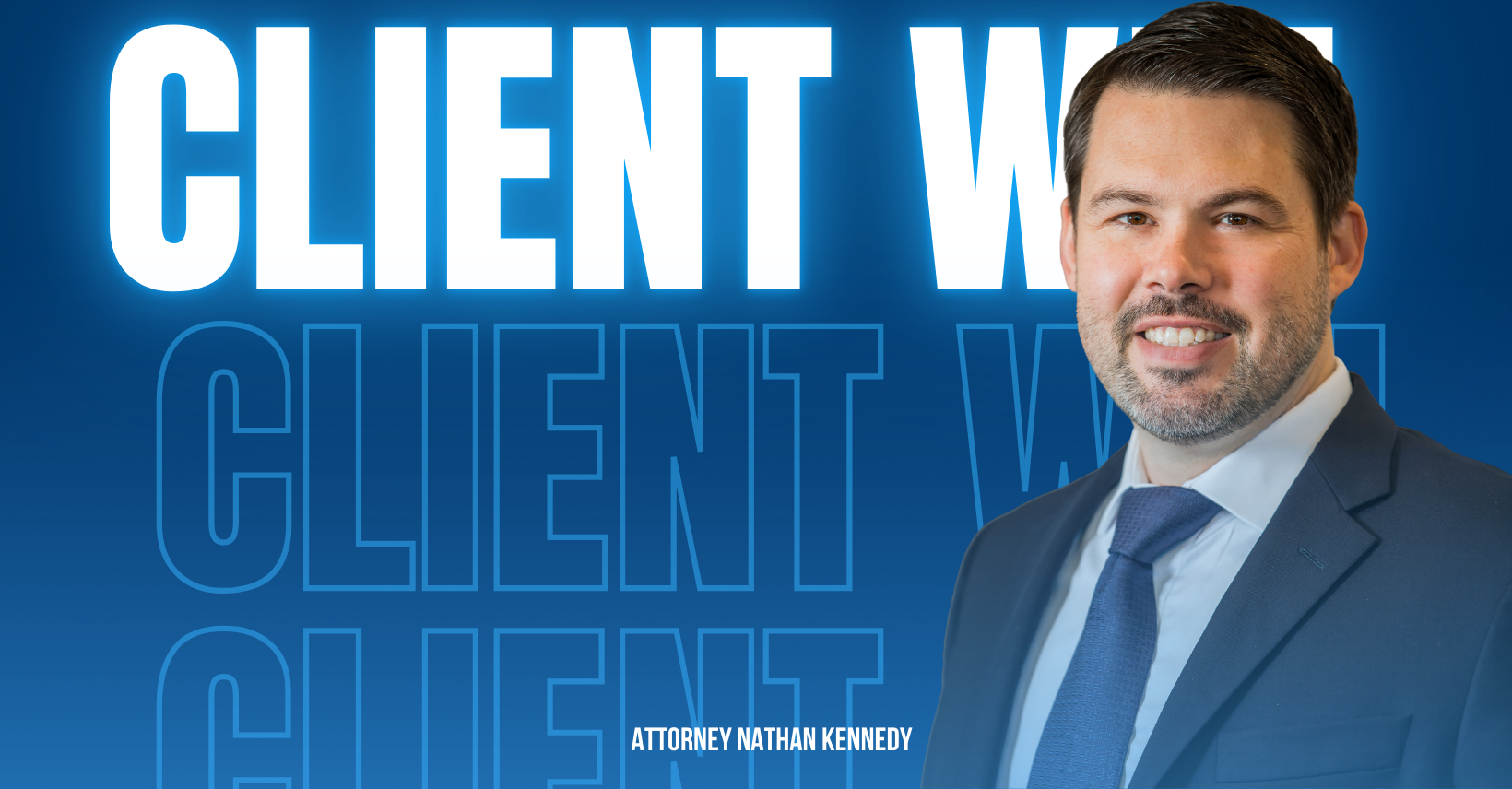The Carlson Law Firm is currently not accepting new bankruptcy clients. This article is for informational purposes only.
Even without the holidays, these last couple of years have been tough financial years for many Americans because of the coronavirus pandemic. Holidays can be a significant source of debt for many. The bills can rack up from travel expenses to buying gifts for the people we love the most. This doesn’t even include your regular bills, such as rent or mortgages, electricity, water and other bills. For this reason, it’s easy to let your holiday budget slip a little. During the 2019 holiday season, the average American racked up roughly $1,325 of holiday debt.
Debt can make you feel like you’re drowning and your life is out of control. However, when you are dealing with the aftermath of holiday debt, the best approach is to have a plan and follow through. Here are a few suggestions if you find yourself having more money owed than expected after the holiday season.
Choose a Debt Payoff Method
The best way to confront your debt is to find a strategy that works the best to diminish your debt. You’ll want to analyze your balances on each card, including the interest rate. Once you have a better understanding of your debt, you could choose a method. The two methods you could use:
- The Snowball Method: With the snowball method, you will be making minimum payments on each card. Once you have paid off the smallest balance, you will proceed to pay off the next smallest balance. This method will give you the feeling of having “small victories” and will carry on until all your balances are paid in full.
- The Avalanche Method: The Avalanche method is the opposite of the snowball method. With this strategy, a person will pay off the credit card balance with the highest interest rate while simultaneously paying the minimum amounts on the other cards. This method will save you money in interest but might not bring you the same sensation of “small victories” as the snowball method.
Clean out your closet
You may already have this on your to-do list, but you can clean out your closet and sell any items that you may not want anymore. If you have the available time, you can evaluate what you have in your household and consider selling some of it.
You can easily sell items to your community using Facebook Market or Craigslist. If you have any valuable items worth more, you can use eBay and reach a larger audience.
Tighten up your budget
Review and create a budget to know more or less how much extra cash you will have at the end of the month. It’s best to start with listing all your necessities, like food, transportation, and housing, to understand better where your income will be going.
A few suggestions to tighten your budget could be:
- Using coupons when shopping
- Avoid eating out and coffee shop purchases
- Try not to spend on non-essential items
- Take advantages of free leisure activities- go to the park
Use cash, not credit
After the holiday season, it could be best to put the plastic away. Instead, use cash on miscellaneous expenses. Using cash instead of your credit card can make you more mindful about how much you’re spending. When you use your credit card, it is easier to forget the purchases you have made, making it easier to increase the amount you already owe.
Receiving holiday bonuses and tax returns are two large sums of money that can be used to pay off some of your debt. It’s essential to take advantage of putting this extra cash towards your credit card debt or putting it into savings. Don’t look at this money as free money, but as a way to pay down your debt and boost your credit score to be a step closer to your goals.
Consider your debt relief options
If you find yourself facing a significant amount of debt this holiday season, you may want to look into debt relief options. Debt relief can give you a new start or the breathing room you need to make real progress.
Debt relief is an umbrella term to describe a few techniques used to approach mounting debt. You may want to consider debt relief if:
- You have no hope of repaying unsecured debt within five years, such as credit cards, medical bills, or personal loans.
- The total of your unpaid unsecured debt equals half or more of your gross income.
What are forms of debt relief?
Here is a breakdown of the different plans that fall under the debt relief banner:
Debt settlement: Debt settlement is the practice of hiring a third party that will let you resolve, or settle, your debt that’s typically less than the amount you owe. The third-party company will negotiate with your creditors or debt collectors. Some of the benefits include:
- lower your debt amount
- Help you avoid bankruptcy
- get creditors and collectors to back off
Debt management: Debt management is a way to get your debt under control through financial planning and budgeting. The goal is to use these strategies to help you lower your current debt and move towards the goal of eliminating it.
Debt consolidation: Debt consolidation is when you combine multiple debt amounts, typically high-interest debt, into a single payment. This is a great option for you if you can get a lower interest rate and help you to reorganize to pay it off faster.
Bankruptcy: Bankruptcy is a legal process overseen by federal bankruptcy courts and an option for those who are in extreme financial pain. Despite the negative stigma of declaring bankruptcy, filing yields a lot of benefits for some people. For example, bankruptcy can eliminate certain debt, stop creditors from garnishing your wages, and can let you hang on to your home. However, you will need to meet some requirements before you can file for bankruptcy. If you are considering bankruptcy, contact us to speak to an attorney.
Each of these methods is to get control over your debt by reducing or eliminating your balances. Debt can be stressful, but it is crucial to do research and understand your options to determine the best option for your situation.





